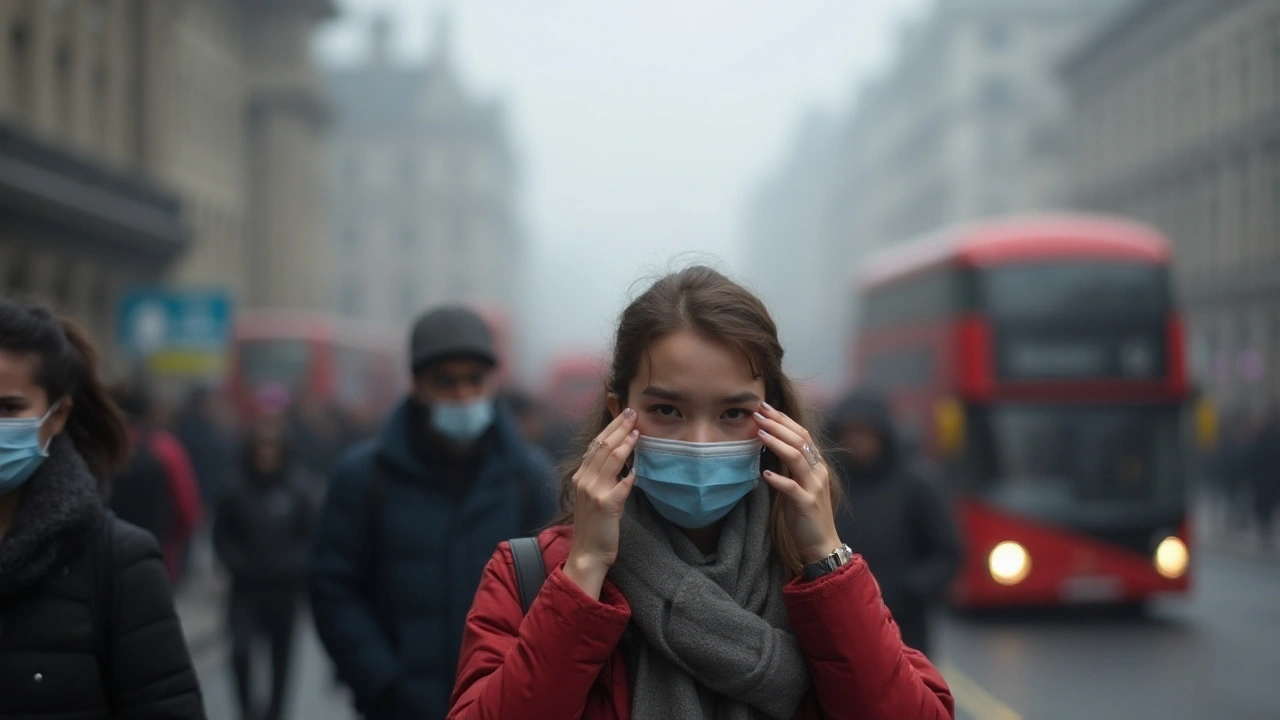Eye health: what to watch for and simple steps you can take
Your eyes tell you a lot about your health. Small changes—new pain, blurred vision, redness, swelling—can mean something minor or signal a serious issue. This page collects practical tips, clear signs to watch for, and relevant LetsGoPharm articles so you can act fast and smart.
Want a quick rule? If vision changes suddenly, you have severe pain, or one eye looks very different from the other, get medical help right away. For milder symptoms—itching, occasional tearing, mild redness—start with simple steps at home while you plan to see a clinician if things don’t improve in 48–72 hours.
Common eye problems and what they usually look like
Dry eyes: gritty feeling, burning, or blurry vision that improves after blinking or using artificial tears. Try reducing screen time, using a humidifier, and preservative-free lubricating drops.
Conjunctivitis (pink eye): redness, discharge, and itchiness. Bacterial cases often produce thicker yellow/green discharge; viral ones usually cause watery discharge and may come with a cold. If discharge is heavy or vision is affected, see a clinician—some cases need antibiotic drops.
Glaucoma: often starts without pain but brings gradual peripheral vision loss. If you notice tunnel vision or frequent headaches with vision changes, book an eye exam. Read our detailed post "The effectiveness of dorzolamide in treating different types of glaucoma" for medication options and how dorzolamide works.
Allergic reactions and angioedema around the eyes: sudden swelling, itching, sometimes with hives or difficulty breathing. Localized eyelid swelling is covered in our article "Angioedema and the Eyes: Clear Symptoms and Effective Treatments." If swelling affects breathing or vision, go to emergency care.
Using eye medicines safely and when to see a specialist
Topical antibiotics or drops can be useful for bacterial eye infections, but they must match the diagnosis. Don’t use someone else’s eye drops, and avoid oral antibiotics unless a doctor prescribes them. For guidance on antibiotics commonly used for eye infections, our article on Zithromax explains uses and safety, and our guide about Ciplox discusses safe online pharmacy practices—helpful if you’re sourcing meds, but always confirm with a prescriber first.
If you wear contact lenses and get an eye infection, remove lenses immediately and speak to an eye doctor. Contact-lens associated infections can worsen fast and risk vision loss.
Regular checks matter. Adults should have a full eye exam every 1–3 years depending on age and risk factors. People with diabetes, high blood pressure, or a family history of eye disease need closer follow-up. Early detection of conditions like glaucoma or diabetic retinopathy preserves vision.
Want more on specific treatments or medicines? Check these LetsGoPharm pieces: "The effectiveness of dorzolamide in treating different types of glaucoma," "Angioedema and the Eyes," and our antibiotic guides. If you’re unsure, call your GP or an eye clinic—it's better to check than to wait and regret it later.
How Environmental Factors Contribute to Bacterial Eye Infections
Bacterial eye infections can be influenced by various environmental factors. This article explores how elements such as pollution, contact with contaminated water, and seasonal changes can contribute to the spread and severity of these infections. It also offers practical tips for prevention and maintaining good eye health.
Folate Deficiency and Eye Health: What You Need to Know
As a blogger, I recently came across an important topic concerning eye health - folate deficiency. Folate, also known as vitamin B9, plays a crucial role in maintaining our overall well-being, including our precious eyesight. A deficiency in folate can lead to various eye problems, such as macular degeneration and optic neuropathy. To prevent these issues, it's essential to consume a balanced diet rich in leafy greens, beans, and fortified cereals. So, let's take care of our eyes by ensuring we get enough folate in our daily diets!

